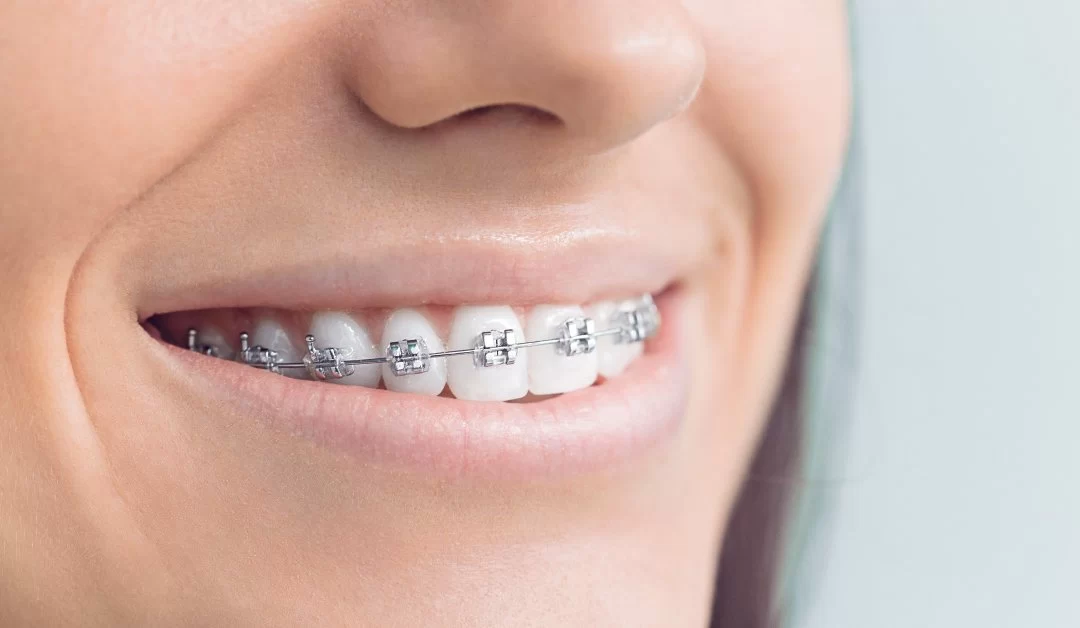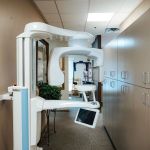
1. The Importance of Timing in Getting Braces
The timing of when you get braces is crucial for ensuring the most effective and efficient treatment. Orthodontic treatment works best when it is done at the right stage in a person's dental and facial development. Braces can correct crooked teeth, bite issues, and alignment problems, but starting at the correct age ensures that the teeth and jaw are still developing, which can reduce the time spent in braces and improve the final outcome.
2. The Best Age for Kids to Get Braces
For children, the best age to get braces is typically between 9 and 14 years old. This is the period when a child’s permanent teeth have started to come in, but their facial bones are still growing. Orthodontists often recommend starting treatment during this "mixed dentition" stage—when some baby teeth are still present alongside permanent teeth. Early intervention during this stage allows orthodontists to address any dental issues while the mouth and jaw are still malleable, making treatment more effective and less invasive.
Why Early Intervention is Important
In some cases, children may need braces earlier if they have more severe issues, such as underbites, crossbites, or significant crowding. These problems can worsen over time and cause difficulties with speaking, chewing, or even breathing. Starting treatment early allows orthodontists to guide the growth of the jaw and teeth, often avoiding more complex procedures later on.
3. Braces for Teenagers: The Optimal Age
For teenagers, the ideal time to get braces is between 12 and 16 years old, as this is when most of their adult teeth have emerged. At this age, their teeth and jaws are still developing, making it easier to move the teeth into their proper positions. By this time, many of the permanent teeth are in place, allowing orthodontists to make more precise adjustments to achieve the desired alignment.
Benefits of Braces for Teenagers
Teenagers are often more accustomed to the orthodontic process and may have more complex dental issues that need addressing. Starting treatment during this stage helps avoid potential future problems, such as gum disease or further tooth misalignment. In addition, the results are often more predictable and take less time compared to starting treatment in adulthood.
4. What About Adults? Getting Braces at Any Age
While the ideal age for braces is typically between 9 and 16 years old, it's never too late to get braces. Many adults are choosing to undergo orthodontic treatment later in life to correct dental issues or achieve a more aesthetically pleasing smile. Advances in orthodontics have made it easier for adults to get braces, with options such as clear aligners (like Invisalign) and smaller, less noticeable traditional braces.
Why Adults Get Braces
Adults may choose to get braces for several reasons, including improving the function of their teeth, correcting bite issues, or simply enhancing their smile. Some adults may have had braces when they were younger but didn’t follow through with retention, causing their teeth to shift. Modern orthodontic treatments make it easier for adults to correct these issues, and many find that braces can boost their confidence and self-esteem.
5. Real-Life Stories: When People Decided to Get Braces
Many people share their personal experiences with braces, offering insights into the right age to start treatment and the benefits they experienced:
1. Sarah's Story – Starting Braces as a Teenager
Sarah, a 15-year-old high school student, began her orthodontic treatment at 13 when her dentist noticed severe crowding in her teeth. At first, she felt nervous about wearing braces, but over time, she was amazed by the difference they made in her smile. "I can smile confidently now, and my teeth feel so much healthier," Sarah shares. "The best part is that I got them early, so I didn’t have to wait long to see results."
2. Mark's Story – Getting Braces as an Adult
Mark, in his early 30s, had never considered braces until he began noticing more problems with his bite and alignment. After consulting with an orthodontist, he decided to get braces at age 32. "I was hesitant at first, but getting braces as an adult has been life-changing," Mark says. "Not only do I feel more confident about my smile, but my overall dental health has improved too."
Deciding when to get braces depends on individual needs and circumstances. The best time to get braces is generally between 9 and 16 years old, but it’s never too late to start treatment. Whether you’re a parent planning for your child or an adult considering braces for yourself, understanding the right timing can help achieve the best results. Want to learn more about braces and orthodontic options? Visit Dentistry Toothtruth for more information and to book a consultation today!







 Corona Family Dental Group3.0 (42 review)
Corona Family Dental Group3.0 (42 review) Genesis Dental of Taylorsville4.0 (842 review)
Genesis Dental of Taylorsville4.0 (842 review) Edmond Dental Center: Michael Chandler, DDS5.0 (404 review)
Edmond Dental Center: Michael Chandler, DDS5.0 (404 review) Cash Family Orthodontics4.0 (141 review)
Cash Family Orthodontics4.0 (141 review) Spring View Dental Care4.0 (1298 review)
Spring View Dental Care4.0 (1298 review) Acworth Smiles Dentistry4.0 (145 review)
Acworth Smiles Dentistry4.0 (145 review) The Importance of Oral Health Education During Pregnancy for a Healthy Pregnancy
The Importance of Oral Health Education During Pregnancy for a Healthy Pregnancy Best Tips for Brushing Your Teeth Properly for Healthy Gums: Essential Techniques for Oral Health
Best Tips for Brushing Your Teeth Properly for Healthy Gums: Essential Techniques for Oral Health Why Skipping Dental Checkups Can Lead to Bigger Oral Health Problems
Why Skipping Dental Checkups Can Lead to Bigger Oral Health Problems Advantages of Porcelain Dental Restorations
Advantages of Porcelain Dental Restorations How Can Diabetes Cause Tooth and Gum Problems? Preventing and Managing Oral Health Issues
How Can Diabetes Cause Tooth and Gum Problems? Preventing and Managing Oral Health Issues Healthy Habits for Promoting Good Oral Health and Hygiene: Tips for a Healthy Smile
Healthy Habits for Promoting Good Oral Health and Hygiene: Tips for a Healthy Smile